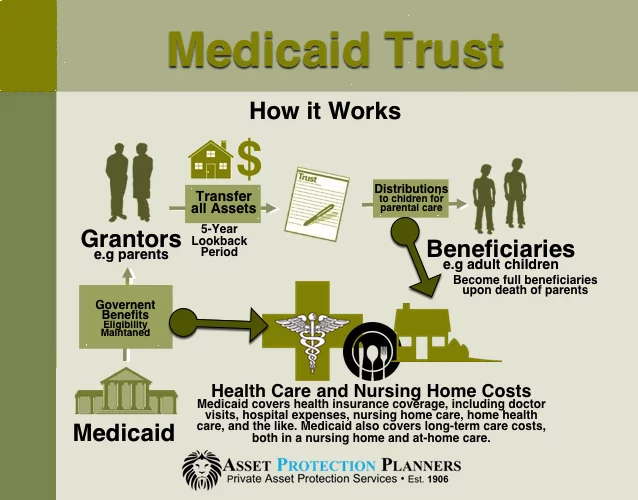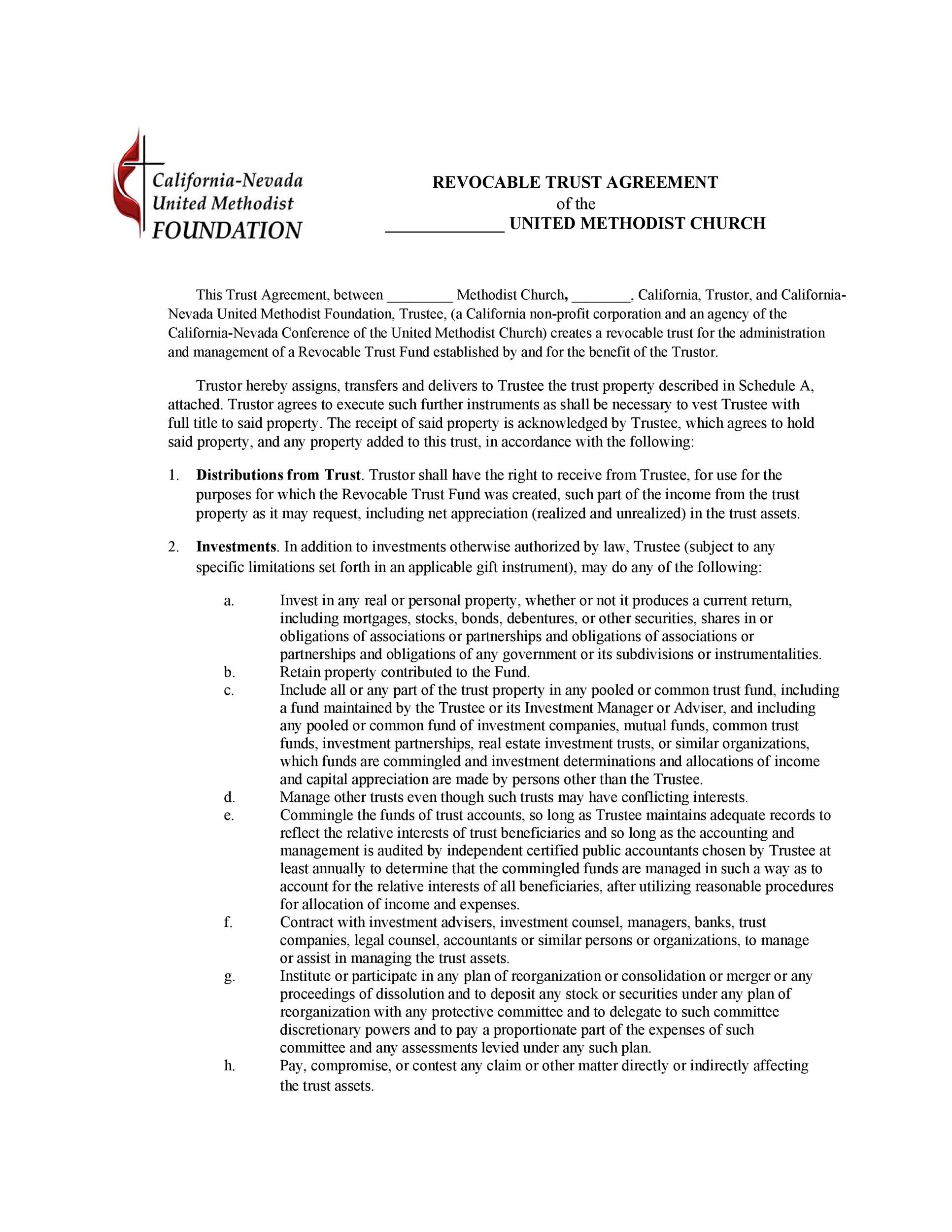Does Prop 19 Affect Property Held In Trust
Thats because with limited exceptionsand barring aggressive countermeasuresCalifornia Prop 19 eliminates a parents ability to leave. 19s passage a parent could transfer the parents primary residence and up to 1000000 of assessed value other property vacation home.
 Free Land Trust Agreement Form Printable Real Estate Forms Real Estate Forms Real Estate Templates Land Trust
Free Land Trust Agreement Form Printable Real Estate Forms Real Estate Forms Real Estate Templates Land Trust
13 Rules on Inheritance.

Does prop 19 affect property held in trust. When property is placed in a trust assessors will look through the trust to determine whether a change of ownership has taken place. Its all about the property taxes Proposition 19 is a double-edged sword. The property tax situation in California has again been dramatically altered by the passage of the landmark California tax Proposition 19 in November 2020 which went into effect Feb.
19 eliminates the parent-child and grandparent-grandchild exclusion from reassessment for properties other than a family home. It changes a few things especially property tax rules exempting certain intra-family transfers of real estate properties. As a result there will be big changes in inheritance laws in the Golden State.
In fact even if the child uses the property as that childs primary. Prop 19 expands the number of homeowners who can keep the taxable value of a previous home if they move to a new home even if that property is situated in a different county within the State. 19 will reduce or eliminate some generous tax breaks that families get when property is transferred.
As of right now if you died with a trust plan that gifted the home to your children they wouldnt have to pay higher property taxes. Prop 19 did indeed pass and in doing so has swept away one of the enormous privileges hitherto bestowed upon homeowners by the tax system. If you are ever a victim of a wildfire or if you are over the age of 55 and wish to move to another county this part of Prop 19 could be beneficial to you.
We see four practical effects good and bad of this law for California property owners. Under the current law a parent can transfer property to a child and that transfer does not amount to a change of. How do you see it.
If you have been keeping up with the news you may have noticed that California voters have passed Prop 19 with 51 of the votes being in favor of the proposition. If Proposition 19 passes this November limitations will be placed on an heirs ability to pay lower taxes after inheriting property. Proposition 19 on the other hand did pass.
The passage of Proposition 19 on the November 3 2020 ballot will have a significant financial impact on the transfer of real property to ones heirs and for those homeowners who are over age 55 disabled or victims of a natural disaster or waste contamination. If Proposition 19 passes only inherited homes transferred after this date that will be used as principal residences by the transferees usually a child or grandchild will be free of reassessment. Generally speaking having the home in a revocable trust does not protect from reassessment when you pass away and that home is transferred to your son.
This proposition was marketed to voters as a way to protect the property tax basis of a primary residence for seniors 55 those who are severely disabled and victims of wildfire and natural disasters but what they didnt tell you was that it also essentially eliminated the parentchild exclusion which protected families from. Proposition 19 was passed in November 2020 by California voters. 19 is not retroactive and wont apply to any property until it is transferred or deemed transferred after Feb.
DOES PROPOSITION 19 AFFECT YOUR TRUST AND WILL AND GIFTING PROPERTIES TO YOUR FAMILY. 19 Radically Altered Prop. Prop 19 does make a narrow exception for primary residences transferred only to your child during your lifetime or after your deathbut then your child must themselves live on the property as the owner.
What Does Proposition 19 Change. A secondary outcome will be more rules on how homeowners are able to carry their property tax base over after selling a home and afterwards purchasing another property. It will affect real property owners especially those with legacy properties.
The passage of Prop 19 will require that a child or children use the residence as their own principal residence in order to retain the exclusion allowed by the previous law under Prop 13. 19 property tax measure will or wont affect real estate held in a trust Prop. Not only does this reduce this exemption amount from two to one but it requires that the transferee resides in the property they receive.
However if your son intends to remain living in the home then under Prop 19 there would be no reassessment. When the new rule goes into effect on February 15 2021 residential property transfers will be subject to different regulations. This new rule will apply to outright transfers and to transfers in trusts such as the QPRT transfer illustrated above.
Proposition 19 will limit the ability of heirs to keep low property tax payments on inherited property and will also broaden the rules allowing eligible homeowners to take a portion of their property. If thats not enough if the home is worth more than 1M the home may be partially or entirely reassessed. Generally speaking transferring title to him now will not avoid reassessment other than if he lives in the.
If your home has increased in value significantly from its taxable value Prop 19 adds certain limitations that could result in an increased assessment. How Prop 19 Affects Your Estate Planning Now The new law changes the reassessment exemption so that only the family home is exempted from higher taxes and only if the property continues as the family home of the child see link for text of changes. We have the vital details you need to understand how Prop 19 will affect you and your estate plan.
Read more »

























